 In this class action against T-Mobile for allegedly reactivating stolen phones after they were reported stolen, the plaintiffs invoked a recipe metaphor from another case, but the U.S. Court of Appeals for the Eleventh Circuit turned it around on them. The court opined the closest the plaintiffs came to explaining the trial court’s alleged error
In this class action against T-Mobile for allegedly reactivating stolen phones after they were reported stolen, the plaintiffs invoked a recipe metaphor from another case, but the U.S. Court of Appeals for the Eleventh Circuit turned it around on them. The court opined the closest the plaintiffs came to explaining the trial court’s alleged error
is when they quote (in their reply brief) a metaphor from an opinion in another case: “Just as one bad ingredient can spoil a stew, one error of law can spoil an order.” Gray v. Bostic, 625 F.3d 692, 697 (11th Cir. 2010) … [Explaining Gray as a case where the error was blended in the trial court’s decision and distinguishing it from the instant case where the trial court, in the court’s opinion, stated independent valid grounds for its ruling against plaintiffs.] That was why the error spoiled the stew in Gray. Here, the district court’s decision was not contained in a single pot with blended ingredients but instead was contained in a number of pots containing different ingredients. If a bad ingredient went into some of the pots, that would not spoil what was dished out of a pot that was free of the ingredient.
The Eleventh Circuit upheld the district court’s denial of class certification. Meanwhile, I have a bone to pick with, er, or stir into, the merits of this suit. The federal district court denied class certification on the basis that the value of stolen phones can’t be uniformly determined. Accordingly, common questions of fact did not predominate, as required for the plaintiffs to obtain class certification under the Federal Rules of Civil Procedure. Here is the district court’s take on the absolutely insurmountable problem of valuing stolen phones:
Here, Plaintiffs contend that “in this era of Ebay and other public online sites selling used phones by the millions, determining a particular model phone’s value is a relatively simple matter of online research.” However, they certainly offer no concrete proposal or methodology about how to effectively and accurately manage such online research on a nationwide basis. For example, when conducting online research, would 2011 be the year to use for establishing the value for a used phone of a certain model or would the year in which the phone was misplaced or stolen be the more appropriate time frame? Plaintiffs also ignore how individualized issues relating to the age of the phone, what contents or applications were previously on the phone, and whether the original owner was a heavy or light user of the phone, might affect the value of the used phone. Additionally, Plaintiffs do not address whether loss of use of the phone should be compensable and, if so, suggest how it might be reduced to a formula-type calculation.
If courts aren’t willing to ballpark something as simple as the value of stolen phones, consumer and other class actions are in big trouble, which, of course, they already are under a growing body of legislative restrictions at both the federal and state levels. Assuming the truth of the plaintiffs’ allegations, the effect of the court’s ruling is that every person who had their phone stolen and reactivated after reporting the theft would have to bring a separate lawsuit to get relief, which, of course, isn’t going to happen because pursuing litigation is cost and time prohibitive to all but the most querulous of consumers. The threat of individual consumer lawsuits in cases that, like this one, involve small amounts of damages isn’t a realistic deterrence to corporate misconduct.
But no worries. There won’t be any individual lawsuits anyway because T-Mobile, like most corporations, requires customers to sign or click-through an agreement in which they give up their legal rights to sue in a court of law in favor of binding non-judicial arbitration. (Whether T-Mobile had waived the arbitration clause was another issue in the litigation.)
—Little v. T-Mobile, Case No. 12-10170, U.S. Court of Appeals for the Eleventh Circuit, August 22, 2012. Thanks to Paul Scott.



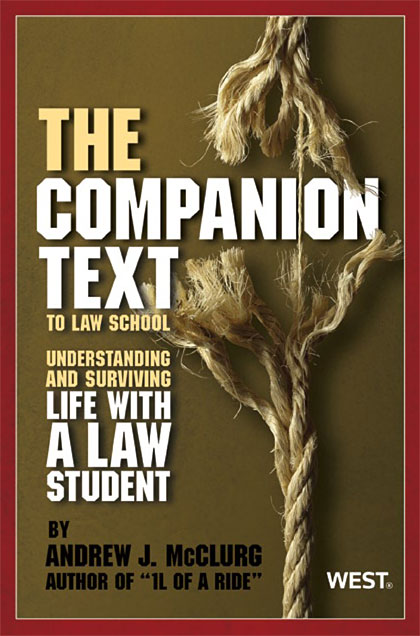




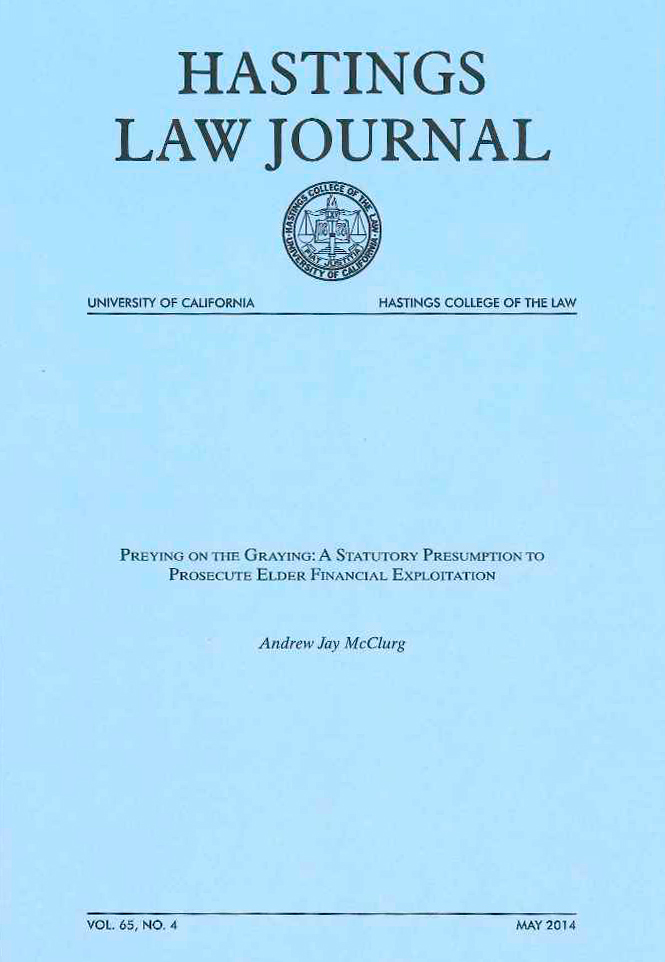
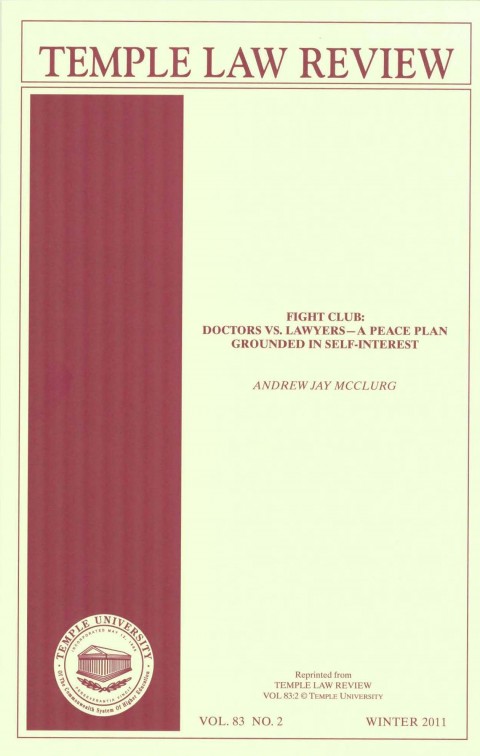
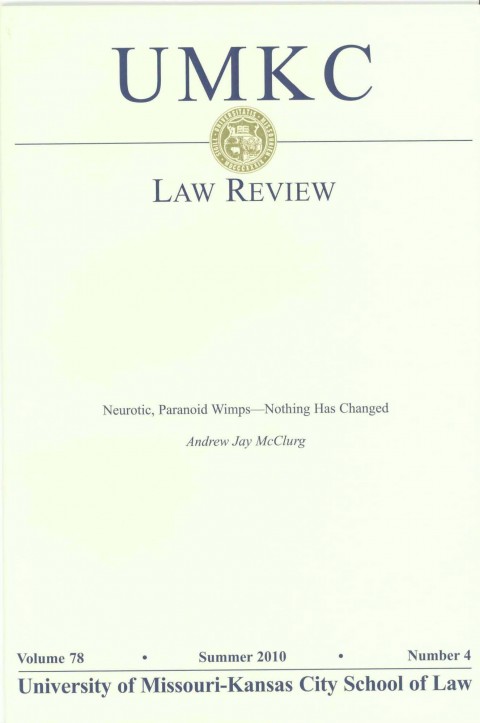
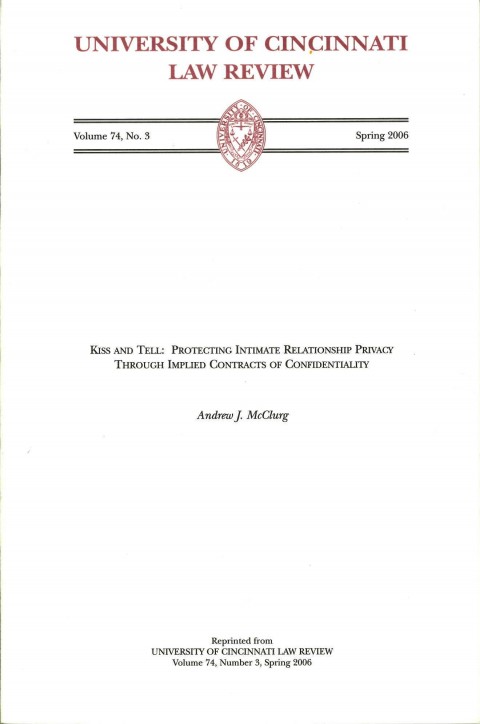
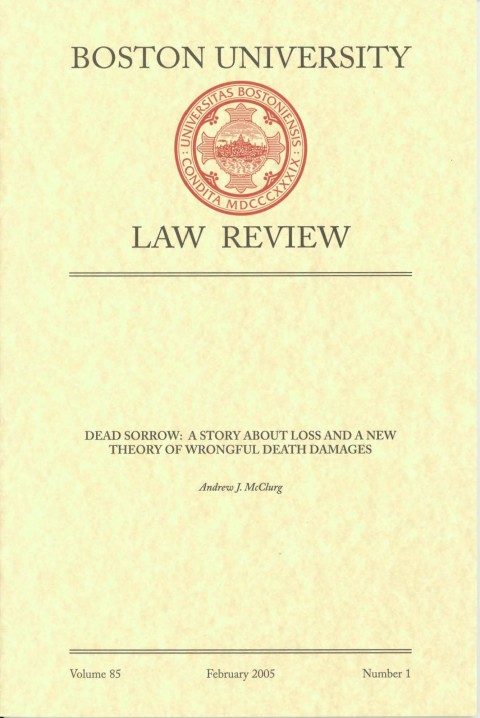
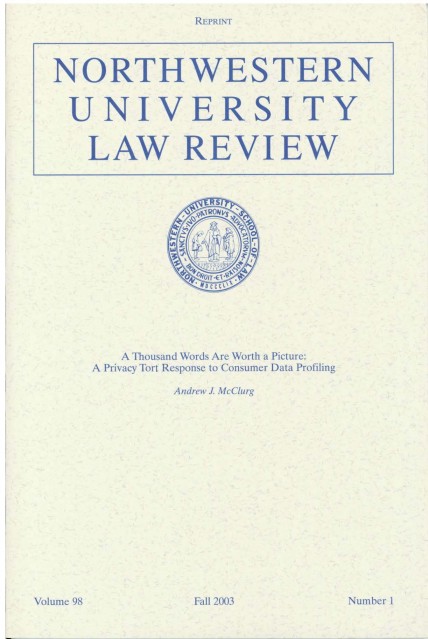
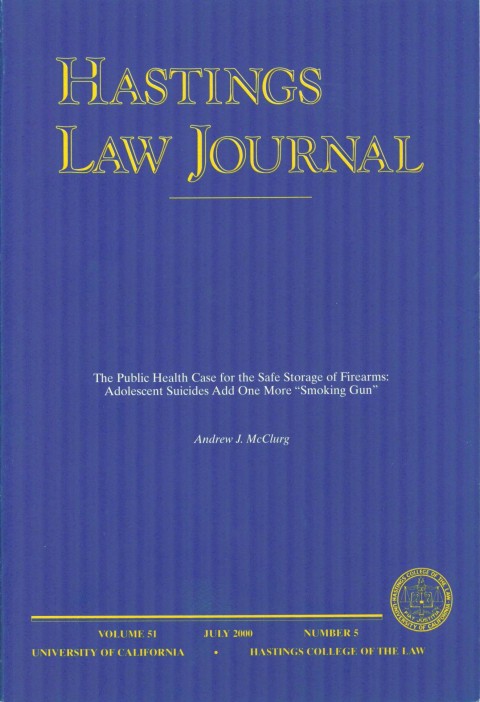
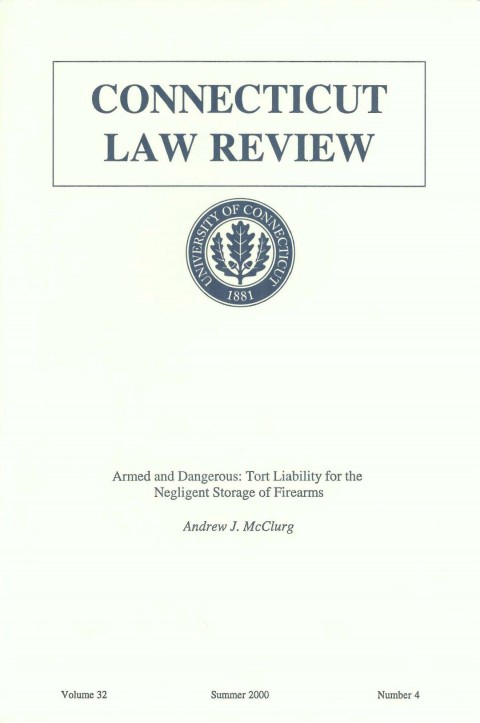
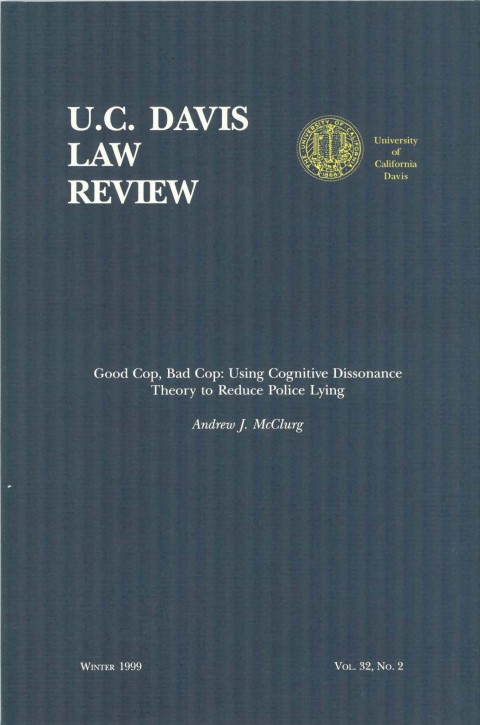
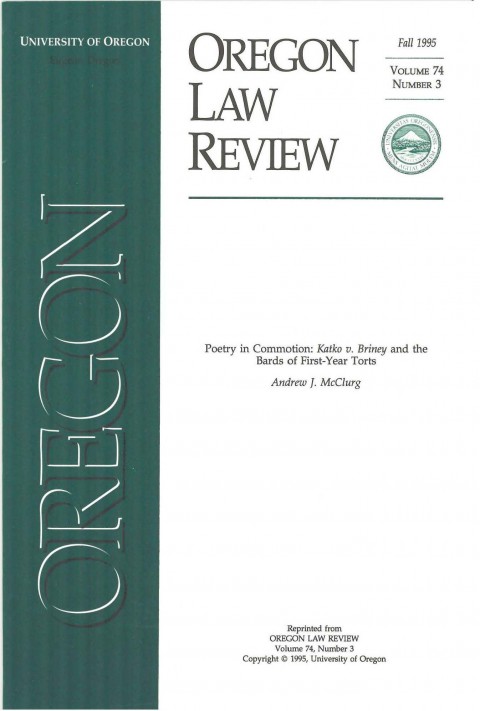
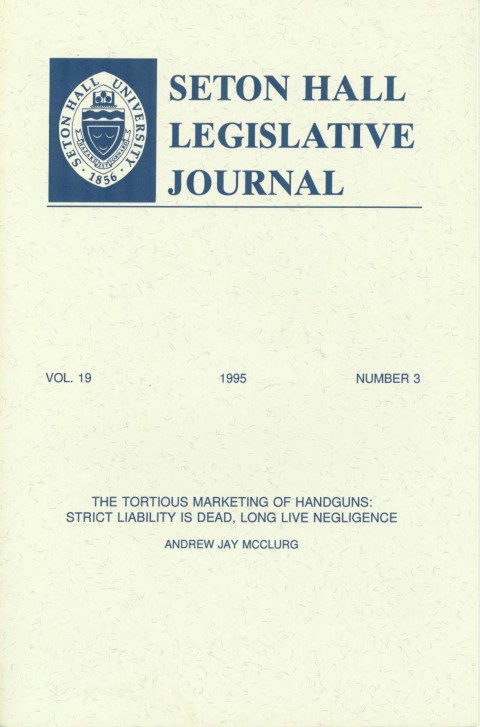
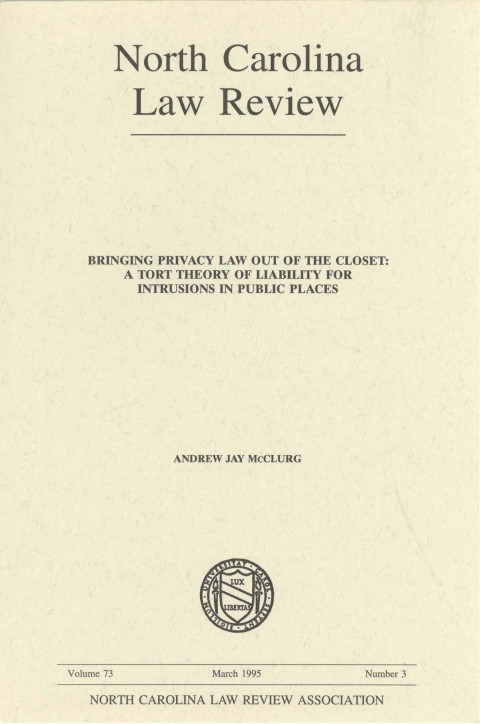
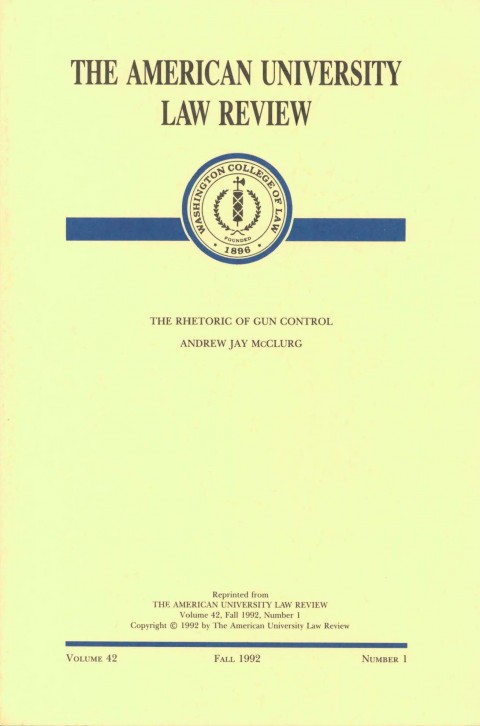
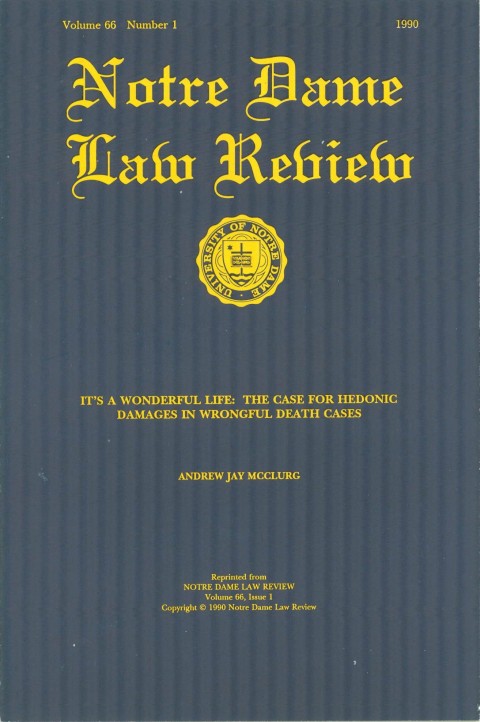
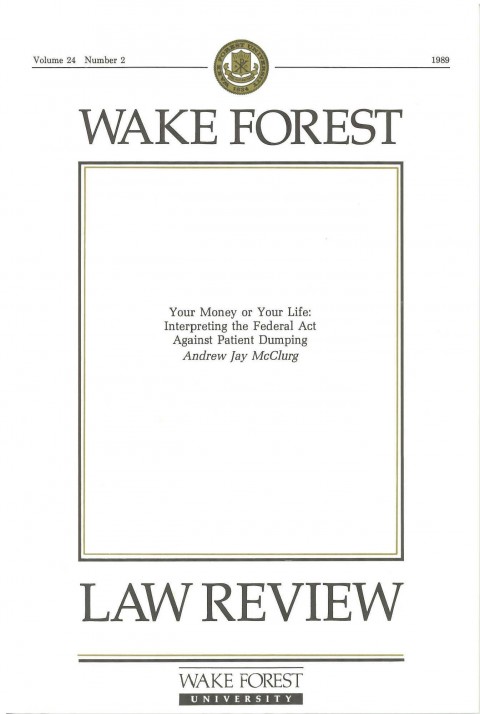
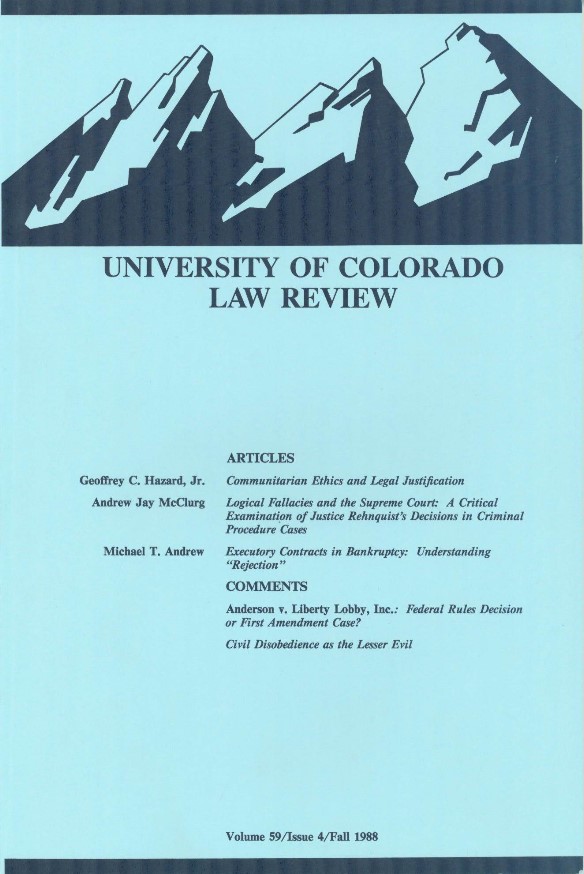
I am working on a case as T-Mobil as the defendent. I did not have a contract with them. Month to Month. I ‘ve heard they wavied this cause? However, I would like to look at other cases and most importantly, T-Mobiles responsibilties for helping exciting clients change service. Thanks Dennis Varni